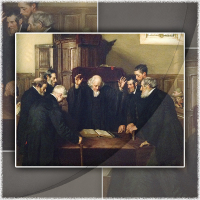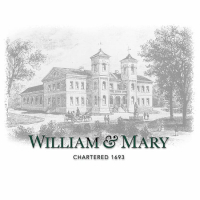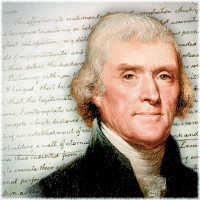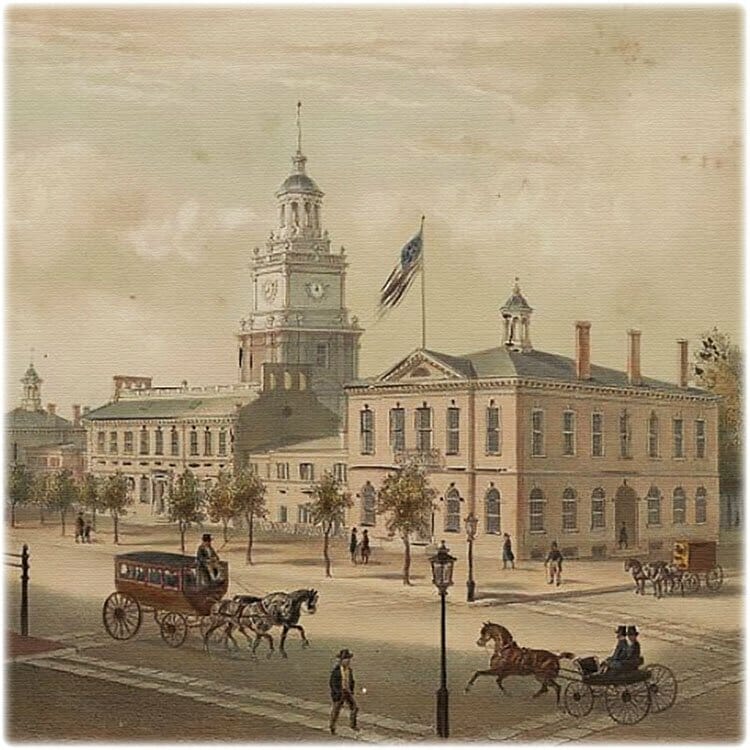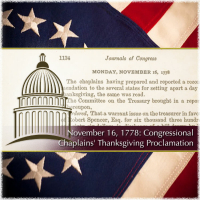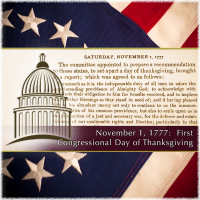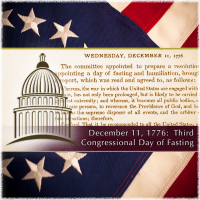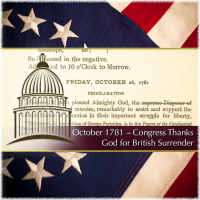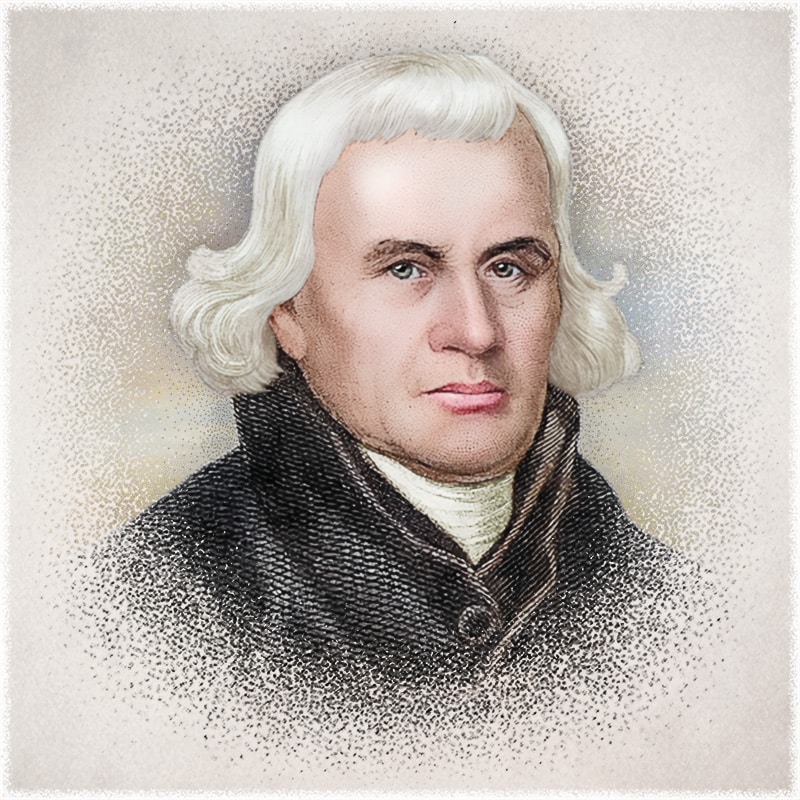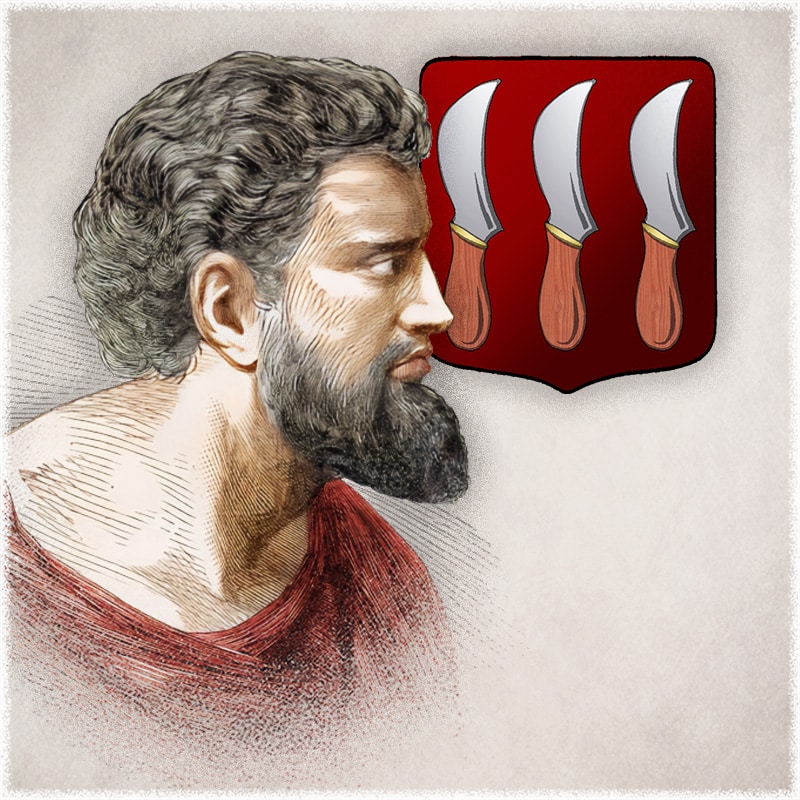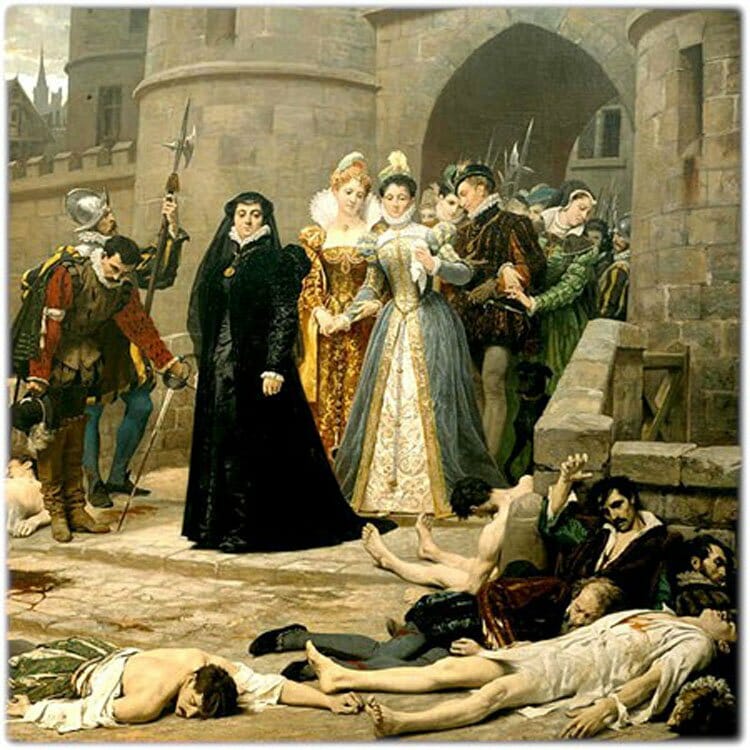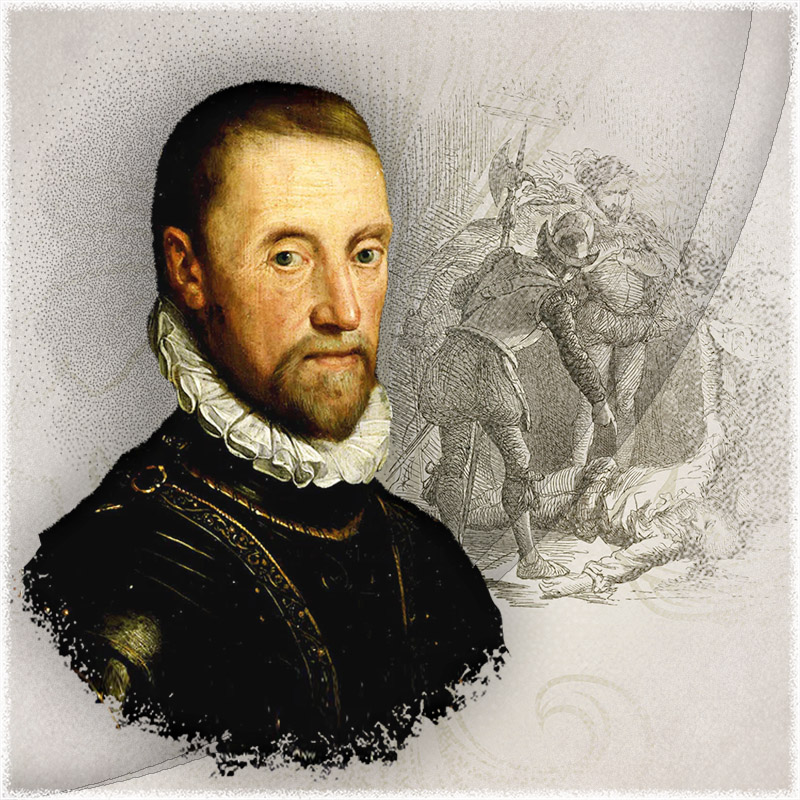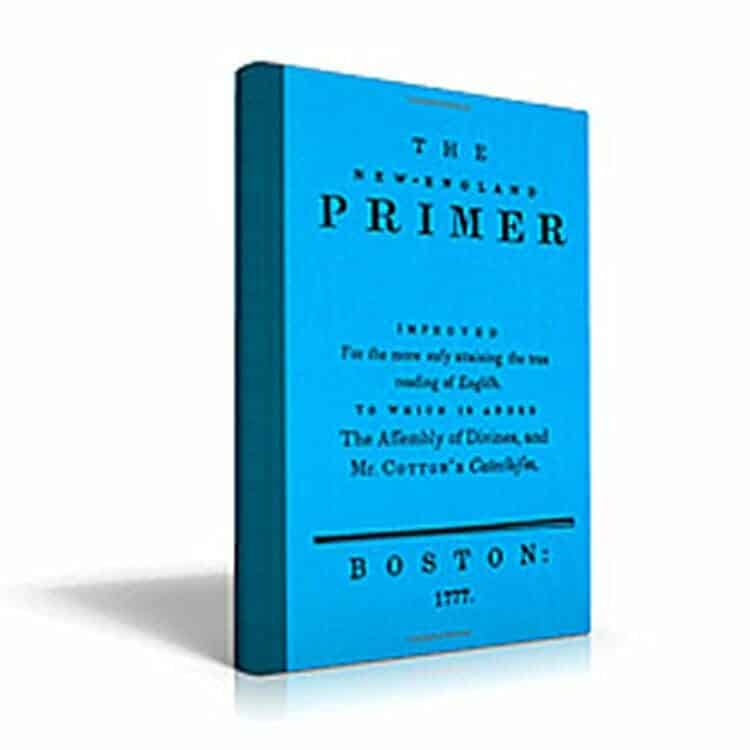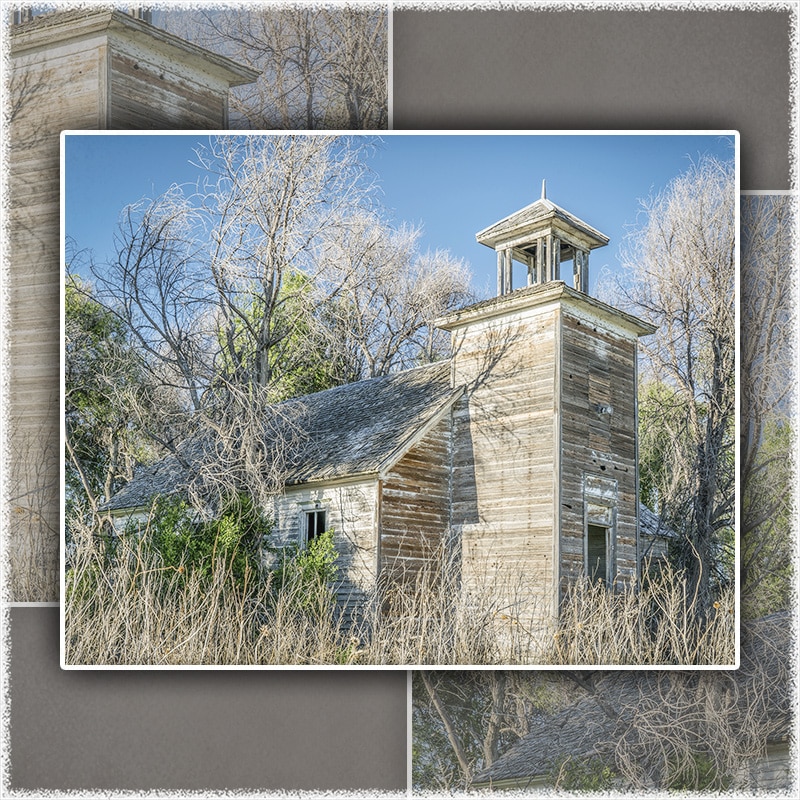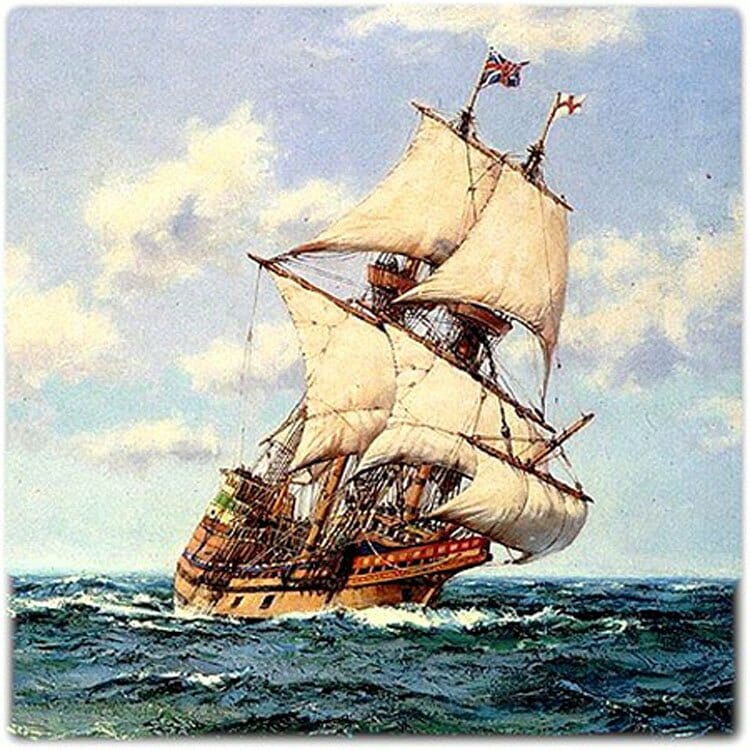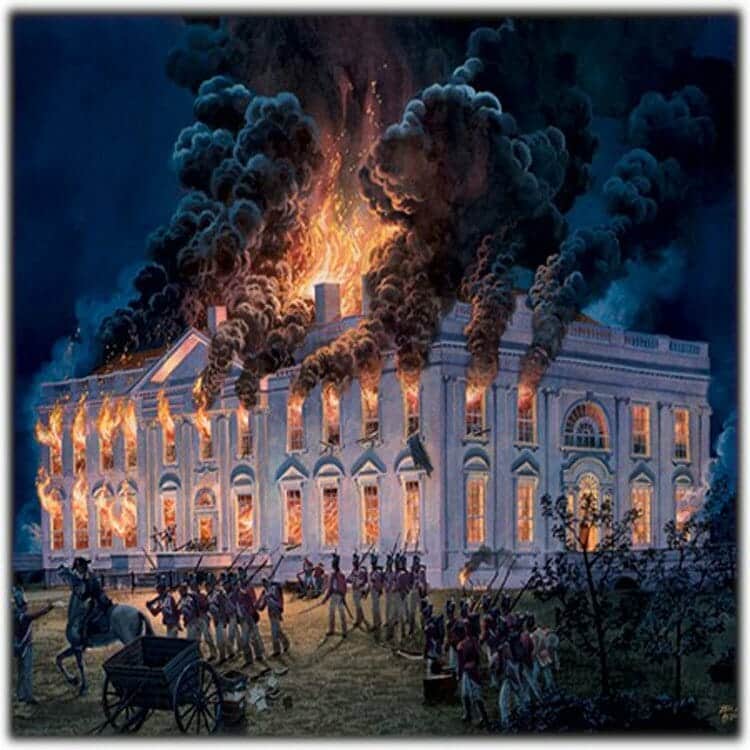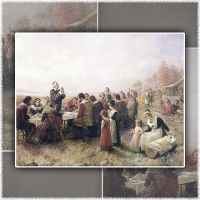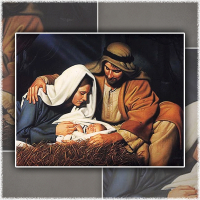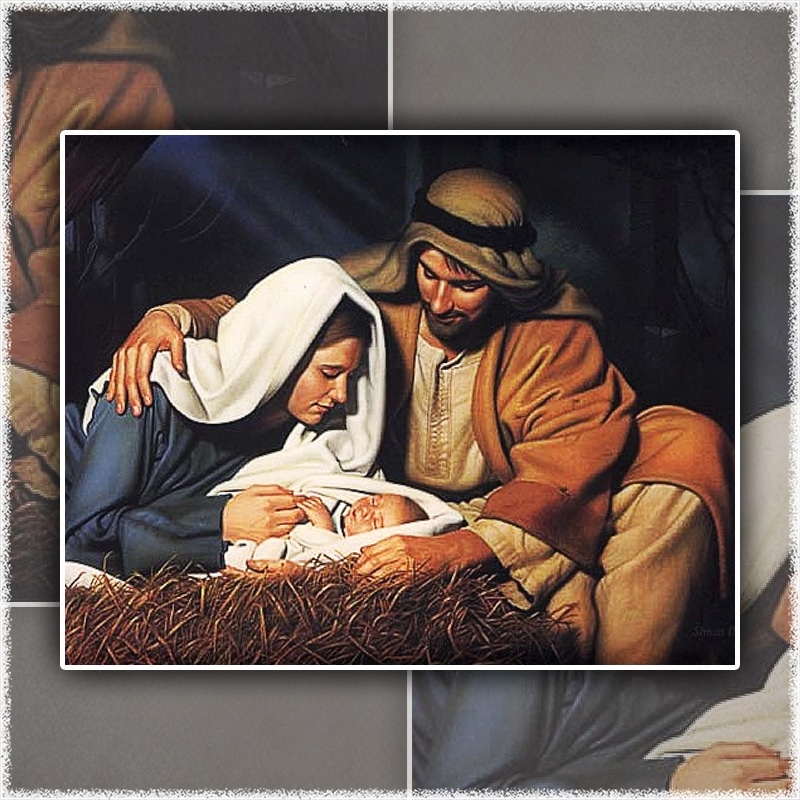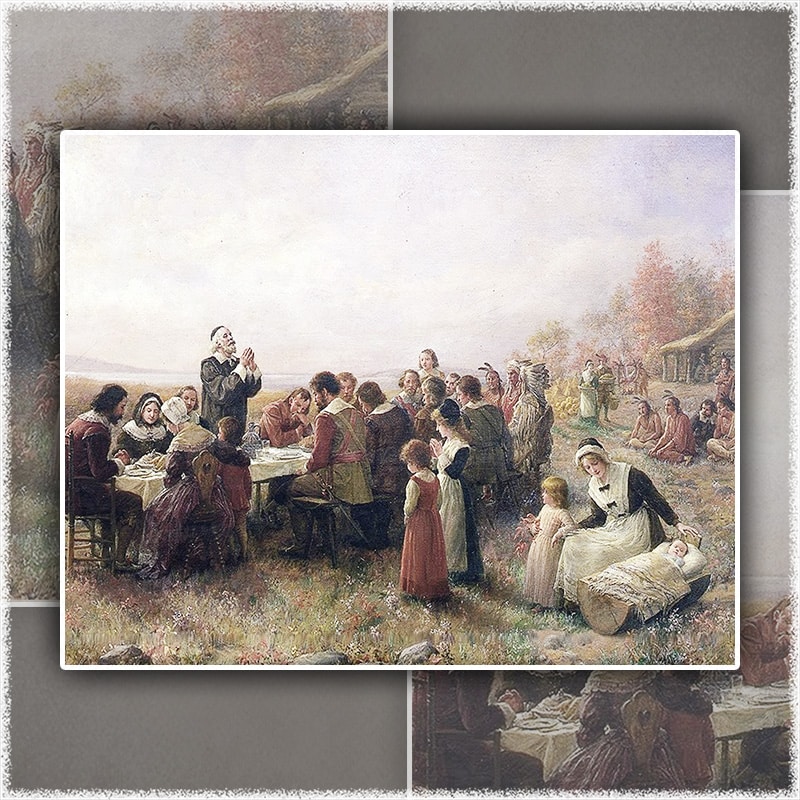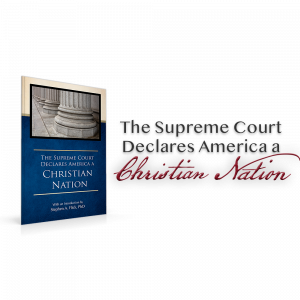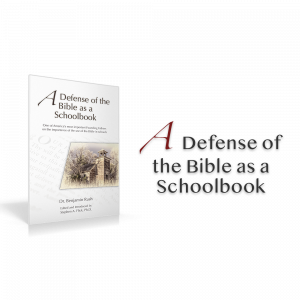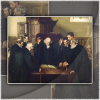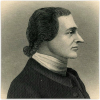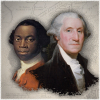Christian Living in August

Whereas the "dog days of summer" in the Northern Hemisphere begin in early July, they conclude prior to the end of the second week of August.[1] Fishermen generally regard these days as useless for their sport, and by the early part of August, teachers and pupils once again inhabit most school classrooms. With the beginning of school, summer quickly grinds to a halt.Christian Living in August
As is true with every season of the year, much encouragement may be received from a knowledge of the lives of Christians who have advanced the cause of Christ in previous generations. For believers ardently seeking to translate the Christian faith into the contemporary environment, much may be learned from extended, personal study of some of the lives that are presented below only in cameo form.Christian Living in August
God intends that the "dog days" of summer for individual believers, families, and churches should not be lived in doldrums but in vibrancy and vitality. May the Lord give us hearts, homes, and sanctuaries where His presence is regularly sought and enjoyed.
Table of Contents
August is the eighth month of the year in the Julian and Gregorian Calendars and one of seven months containing 31 days. In the Southern Hemisphere August is equivalent to February in the Northern Hemisphere. The month received its name in honor of Augustus, founder of the Roman Empire and its first Emperor, ruling from 27 BC until his death in 14 AD. August was originally given the Latin name Sextilis because it was the sixth month in the original ten-month Roman calendar. Under this calendar March was the first month of the year. About 700 BC it fell to its present eighth place when King Numa Pompilius added the months of January and February and gave August 29 days. About 45 BC Julius Caesar, who gave us the Julian calendar, added two additional days to August giving it its present length of 31 days.
The birth flowers of August are gladiolus and poppy which symbolizes beauty, love, strength of character, marriage, and family. The birthstones of the month of August are peridot, sardonyx, and spinel.
In addition to the highlights of this month that are discussed below, additional subjects of interest regarding our Christian heritage are presented online where they are arranged according to dates of occurrence—with particular attention being given to the influence Christianity has exercised upon the origin of America. The online calendar where these articles are arranged is under continual development with new articles appearing as they become available. By clicking the message box below, readers will navigate to the present month under consideration.
To navigate to our online calendar, please click this box.Observance: August
As the summer draws to a close and students prepare to return to the classroom, a special activity may be planned to observe the end of the summer. Games, food, fellowship, and a biblical devotional tell students that you notice this important event in their lives. In some areas of the nation a corn roast is always a big hit at this time of year. Regardless of the type of food and entertainment that may be selected, this season of the year represents a change in life for a large portion of the public and may be employed to create many memorable experiences.
It should also be remembered that activities which include the entire family allow children and youth to develop an understanding of appropriate Christian relationships. Often children are being raised in single-parent families, by grandparents, and other settings which may be devoid of feminine and masculine role models. For this reason as many activities as possible should include the entire family.
Though the practice of roasting ears of corn in a wood fire has been observed widely, the following video mischaracterizes it only as an "Amish Corn Roast." Regardless, the techniques used here are informative for the novice.
Country Corn Roast
Initiate a Voter Registration Campaign
Observance: August through early October
During election cycles Christians should become actively involved in the political process. Unbelievers decide many elections simply because Christians refuse to be troubled by the simple process that is required to become politically active. Pastors should encourage their congregations to actively engage in a voter registration program. For years, liberal churches have endeavored to elect politicians of similar social views. Conservative Christians have been far too slow to engage in this effort. One of the best sources for such endeavors is the conservative political organization known as "iVoter Guide." Pastors and church leaders will be guided through the establishment of a voter registration campaign. Take a look at their resources today!
Additional Resources:
Your Vote Counts
Spiritual Proclamations of Congress
Remembrance: Revolutionary Congressional Spiritual Proclamations
Among the thousands of documents and events that demonstrate America's Christian origin are the sixteen spiritual proclamations issued by Congress during the American Revolution. Following the pattern of fasting, praying, and offering of thanksgiving to God that was used in the New England Colonies, Congress asked the American states to fast and pray in the spring and offer prayer and thanksgiving in the fall of the year. States were asked to invite their citizens to cease their labors and observe the day as proscribed by Congress.
The first of the sixteen spiritual proclamations was issued in late spring on June 7, 1775 and was a fasting and prayer proclamation. The sixteenth and last spiritual proclamation to be issued by Congress on August 3, 1784 was a thanksgiving proclamation.
Only one spiritual proclamation was issued by Congress in August during these years. This was the last of all sixteen proclamations and is listed below:
Proclamation #16 – August 3, 1784: Thanksgiving
Some Articles in This Series:
All sixteen proclamations: When Congress Asked America to Fast Pray and Give Thanks to God
Observance: August 17
Francis Asbury is remembered most for the leadership he provided to early American Methodism. Asbury was not one of the theologians of Methodism. Rather, Asbury was a great churchman within the American Methodist Episcopal Church. He was one of the first two general superintendents or bishops of American Methodism and was said to be more widely known than General George Washington.
On August 17, 1771, John Wesley presented a special plea to his ministers at the Bristol conference in England for preachers to go to America. Asbury responded and almost immediately set sail with Richard Wright for America, landing in Philadelphia on October 27. At the Christmas Conference of 1784, John Wesley authorized Asbury to become a "General Superintendent," the title later being changed, by Asbury, to "Bishop."
The ministry of Francis Asbury in America was one of the most significant religious moments in American history. As a result of his ministry, Methodism became the largest Protestant denomination in nineteenth-century America.
See our featured article:
Remembering the Apostle Bartholomew
Observance: August 24
The Apostle Nathanael (also called Bartholomew) is believed to have taken the gospel to the border of India and Armenia. Church history suggests that Nathanael was flayed alive, crucified, and then beheaded. For this reason the symbol or shield of Nathanael contains three flaying knives, the number symbolizing completeness and finality of the attack upon his life. Such were the vicious attacks of pagans against the apostles and the early believers. As early Church Father Tertullian once wrote, "The blood of the martyrs is the seed of the Church" (Apologeticus, Chapter 50). Christianity that will not sacrifice to advance the cause of Christ will find itself strangled by ever diminishing degrees of error and darkness. Succeeding generations cannot stand upon the shoulders of weakness, but only upon the shoulders of vital, vibrant Christianity.
See our featured article:
On August 23, 1572, one of the most tragic chapters of Church history was penned in France when a group of Catholic assassins targeted the French Calvinistic Protestant leaders (known as Huguenots). On August 24, St. Bartholomew's Day, the leading figure of the Protestant Huguenots was assassinated and the massacre of Protestants continued for several weeks. This tragic event is known as the St. Bartholomew's Day Massacre.
Tradition suggests that Catherine de' Medici, mother of King Charles IX, was the architect of the massacre. The massacre began six days after the wedding of the king's sister, Margaret, to the Protestant Henry III of Navarre (future Henry IV of France). Many Protestants had gathered in largely Catholic Paris for the wedding of Margaret and Henry.
On August 22, the day after the end of the wedding festivities, Admiral Gaspard de Coligny, military and political leader of the Huguenots, was shot while walking a street in Paris. The assassin missed his mark, succeeding only in tearing a finger from his right hand and shattering his left elbow. Catholics feared Protestants would retaliate for the attempted assassination of Admiral Coligny and decided to preemptively assassinate their leadership. On August 24, Admiral Coligny was again an object of Catholic assassination efforts. That evening Admiral Coligny was attacked in his lodging by a group of Catholics led by Duke Guise, Charles Danowitz or Jean Charles D'Ianowitz, generally known as Besme or Beme (noble family from Bohemia). Duke Guise plunged a sword through Coligny's chest and hurled himself out a window in a desperate attempt to escape Coligny's defenders. The group of assassins finally met with success when one of Duke Guise's companions found Admiral Coligny and severed his head.
Radiating out from Paris, attacks against Protestants continued in other urban centers and the countryside consuming between 5,000 to 30,000 Protestant lives and was a turning point in the French Wars of Religion. The massacre significantly crippled evangelical efforts in France, something from which France has never recovered nationally.
See our featured article:
The first textbook printed in America was the New-England Primer. Written by Christian ministers, it stands as a symbol of, not just American Christian interest in education, but as a symbol of the place that true education has generally enjoyed within the Christian Church around the world.
Sunday school in America was started by Methodist Bishop Francis Asbury. While Christian education must not be solely limited to the Sunday school, this agency of the local church remains one of the most potent means of communicating biblical truth to the believer. Every generation must search for the most effective means of communicating the godly truths of the Bible.
The first Sunday in September is the beginning of a new Sunday school year. If the sharp moral and cultural decline in America is to be halted and reversed, Christian pastors and leaders must find appropriate ways to advocate the truth of God without fear or shame of the liberal establishment. One means of elevating the role of Christian education is to annually designate a Sunday service in which Christian education workers are dedicated to this important ministry. Make this a special service! By honoring the office of Christian education, church leaders will find it easier to find officers to occupy those offices. Pastors should preach on the importance of Christian education and its application to every area of life. Then Sunday school teachers and Christian education workers from every area of church life should be honored. Usually the last Sunday in August works well with the church calendar for this service.
Christianizing Your World in August
Our suggested resources for the month of August address several subjects of importance. Heritage Hallmarks remind our readers of significant moments in the life of the Christian Church and American life. They are designed to reflect upon the remarkable heritage bequeathed to America and the world by the Christian Faith and seek to visualize important moments in history. Secular influence has removed important monuments of Christian influence, but our Heritage Hallmarks allow parents and grandparents the opportunity to remind succeeding generations of the glorious heritage of Christianity.
Among the various timely suggestions that may be considered this month are national heritage, Islam, and topics related to the American economy and governmental form, all of which were addressed by the Founding Fathers. Materials listed below are only suggestive.
To speak intelligently to a believing and unbelieving world, Christians must not only be able to defend the truth associated with the lives of the virtuous, but must also be prepared to expose the facts concerning the villainous. For this reason, individuals and events that are both beneficial and malignant are noted in our "Important Dates" below. Knowledge of the virtuous provides insight into how the believer should live, while examples of the villainous prepare believers to "give an answer" to every individual of how life should not be lived (1 Peter 3:15).
August 1, 1801: Jonathan Edwards (May 26, 1745 - August 1, 1801) was an early American pastor, theologian, and president of Princeton College. He is widely remembered as the Father of the First Great Awakening in America.
August 3, 2008: Aleksandr Isayevich Solzhenitsyn (December 11, 1918 - August 3, 2008) was an eminent Russian novelist, historian, and tireless critic of Soviet secular totalitarianism.
August 5, 1620: On August 5, 1620, a portion of the Pilgrim Fathers departed from Southampton, England for the New World but the smaller of the two boats in which they were traveling began to take on water. It was decided to return to England where they put into harbor at Plymouth. After deciding to sail with only one vessel, some of the passengers were forced to remain behind to await future passage or other alternatives.
August 10, 70: On August 10, 70 A.D. (the 9th of the Jewish month of Av) according to Jewish chronology, the very day when the King of Babylon burned Solomon's Temple in 586 B.C., the newly renovated Temple of Herod was burned by the Roman general, Titus, following a Jewish revolt that began a few years earlier in 66. After months of siege about the city, Titus took the city on this date and put it to the torch burning the Temple, leaving not one stone upon another. Thus Jerusalem was totally destroyed and as Jesus had predicted, not one stone was left upon another. When the Temple was set on fire the Roman soldiers tore apart the stone to get the melted gold. The Menorah and vessels were carried to Rome and the treasury was robbed. But perhaps the most astonishing prophecy about the destruction of Jerusalem by Rome is that it happened just as Daniel had predicted in that the Temple was destroyed only after the Messiah had come, and not before he had presented himself to Israel! (Daniel 9:26; Luke 19:41-45)
August 13, 1910: Florence Nightingale (May 12, 1820 - August 13, 1910) was a celebrated English social reformer and statistician, and the founder of modernnursing. She came to prominence while serving as a nurse during the Crimean War where she tended to wounded soldiers. She was known as "The Lady with the Lamp" after her habit of making rounds at night.
August 15, 1096: The First Christian Crusade began on August 15, 1096. After more than 450 years of watching their lands taken and their families destroyed, Christians decided to defend themselves against the Muslim Crusades that began under Muhammad. See our articles: The Truth About the Crusades and Muslims Destroy Christian Capitol.
August 24, 1814: The Burning of Washington in 1814 was an incident during the War of 1812 between the forces of the United Kingdom of Great Britain and Ireland and those of the United States of America. On August 24, 1814, after defeating the Americans at the Battle of Bladensburg, a British force led by Major General Robert Ross occupied Washington, D.C. and set fire to many public buildings. The facilities of the U.S. government, including the White House and U.S. Capitol, were largely destroyed. The British commander's orders to burn only public buildings, and strict discipline among the British troops, are credited with preserving the city's private buildings.
August 24, 1913: Edward McKendree Bounds (August 15, 1835 - August 24, 1913) was a clergyman of the Methodist Episcopal Church South and author of eleven books, nine of which focused on the subject of prayer.
August 23, 1928: Russell Kelso Carter was born November 18, 1849 in Baltimore, Maryland. He was brought up in a strong Christian environment. He struggled with a personal decision for Christ until he was fifteen. At that time he attended a prayer meeting at his military academy and committed his life to God and the Presbyterian Church which his parents attended. He died on August 23, 1928.
August 1806: The Haystack Prayer Meeting held in Williamstown,Massachusetts in August 1806, is viewed by many scholars as the seminal event for the development of Protestant missions in the subsequent decades and for the nineteenth century. Missions are still supported today by American churches.
Seasonal emphasis (1824): The American Sunday School Union was the combined efforts of various denominations to evangelize America through Christian education. Largely three groups the Methodists, Baptists, and Presbyterians united their efforts in communities to promote the well-being of America by advancing a Christian morality. Many prominent Americans were board members of the Union including Bishop William White (Philadelphia Christ Church), Francis Scott Key (author of the national anthem, "The Star-Spangled Banner), D. L. Moody (noted evangelist), Laura Ingalls Wilder (author), John Pollock (governor of Pennsylvania and first to inscribe currency with "In God We Trust"), Bushrod Washington (nephew of George Washington and Supreme Court justice), John Marshall (one of the greatest chief justices of the Supreme Court), and John Adams ("the educator" and relative of the two presidents bearing this name).
Please click to see additional events for August . . .America deserves to know its true heritage.
Please contribute today!
[1] The expression "Dog Days of summer" refers to the most sultry period of summer. In the Northern Hemisphere this period extends from about July 3 to August 11. Named initially by residents of countries bordering the Mediterranean, the period beginning 20 days prior to and 20 days after the time of year when Sirius (the dog star) rose just before or at the same time as the sun (heliacal rising, in Conjunction (astronomy) with), which is no longer true due to the precession of the equinoxes.
[2] Redacted American Standard Version.





